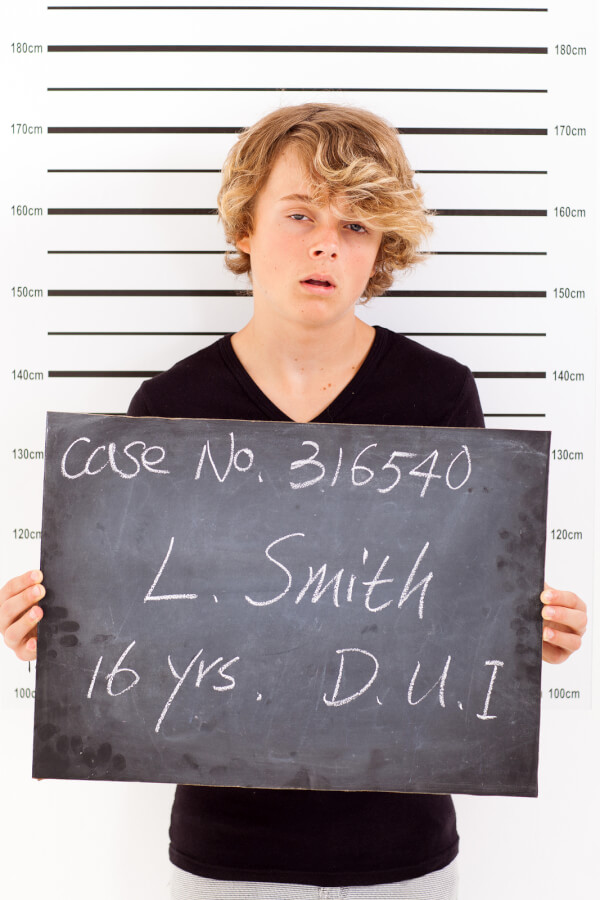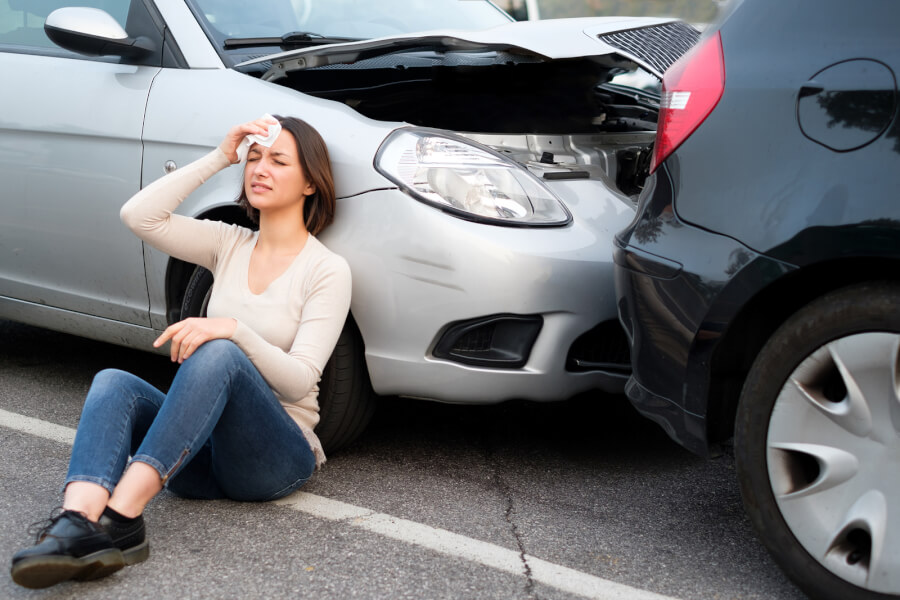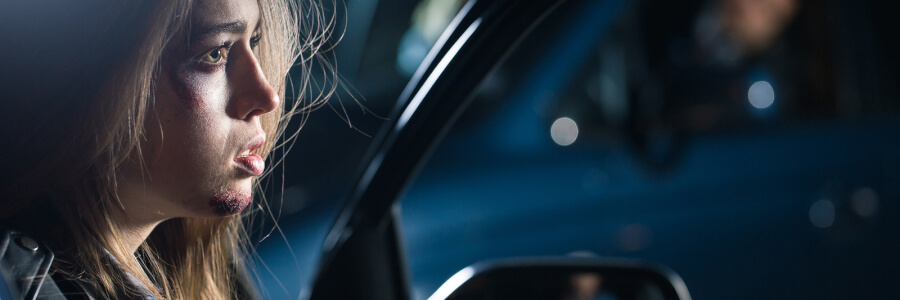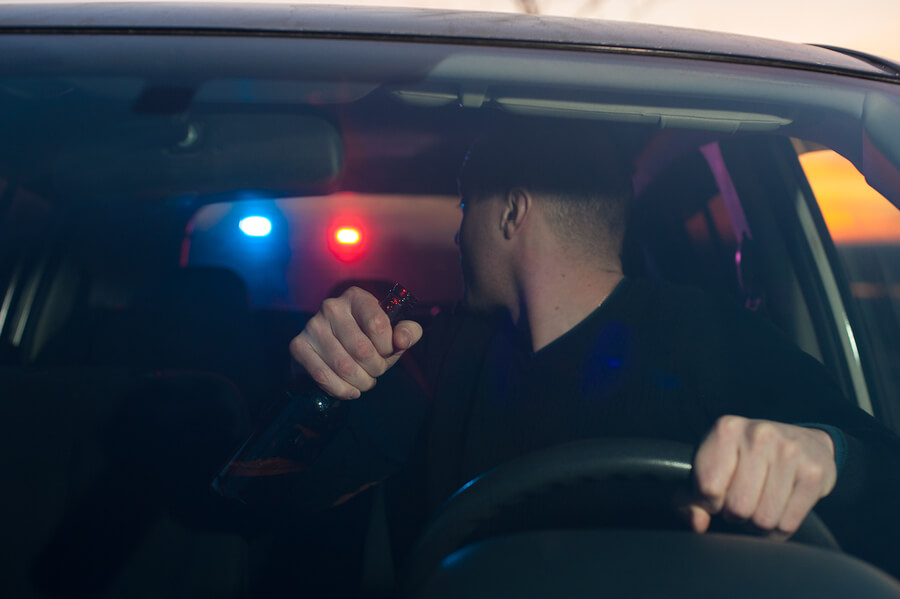As we’ve mentioned before, DWI is a very expensive arrest, even if you’re innocent, or failed your field sobriety tests. From the moment you are arrested even for suspicion of DWI in Raleigh (or anywhere in North Carolina), you must defend yourself, your driver’s license, and your reputation. Each of these things will cost money.
But employment is one part of the DWI that most people don’t think about. Will you be fired? How will you get to work? What about your car? All these things come into play after you’re arrested and charged with DWI in North Carolina.
The Aftermath: Your Current Job
 Depending on where you’re employed and what you do now, you may or may not be terminated. North Carolina is an “at-will” employment state, where you can be terminated with or without a cause, and there may be a policy that a DWI or other criminal arrest is cause for immediate termination.
Depending on where you’re employed and what you do now, you may or may not be terminated. North Carolina is an “at-will” employment state, where you can be terminated with or without a cause, and there may be a policy that a DWI or other criminal arrest is cause for immediate termination.
Depending on the company’s handbook and policies, you may be required to notify your company immediately (and you may still be terminated.) If they don’t find out from you, and find out from another employee or some other source, it could make a difference.
After your arrest, your driver’s license is immediately suspended for 12 months. You may be able to have limited driving privileges after 10 days for driving to and from work (if you are still employed.) In either case, you’ll have to find another way to get back and forth to work for a while.
If driving is an essential part of your job and requires you to have a commercial driver’s license, there is a good chance you will lose your CDL—and your job.
Any kind of professional licensure—medical, legal, professional pilot, or other license—requires that you report any arrests and/or convictions to the issuing agency. As a rule, you will lose your license, as well as your job.
Absenteeism may also be a factor. Court appearances and possible jail time will force you to miss work. Excessive absenteeism may be cause for termination.
Background Checks And Disclosures
If you’ve lost your job and are looking for another one, a DWI will most certainly show up on a background check. Arrest records are also public records, available to anyone who wants to find it. Nearly everyone is checked, and if you don’t disclose something that shows up, you’ll lose any chance you may have had of being hired.
Take a proactive stance: get a background check on yourself and see what show up. You may discover other mistakes that will keep you from finding a job as well.
Jobs To Avoid After DWI
You will be ineligible for a number of different types of jobs after a DWI. They include:
- Government jobs, including joining the military
- Teaching jobs, daycare jobs and other jobs working with children
- Jobs that involve handling highly confidential information
- Driving jobs: bus and truck drivers, delivery drivers, outside sales jobs that involve driving and visiting customers
Interviewing And Getting A Job With A DWI In Your Record
A DWI doesn’t necessarily mean you’ll never be able to work again. Despite the difficulties of a DWI, it is possible to interview and find another job post-conviction. But it does mean handling things differently.
Some companies may only ask about convictions, not arrests. In that case, you may not be required to disclose the arrest; ask your DWI attorney for clarification.
It’s best to mention it only if and when you are asked. While an experienced interviewer will likely not be surprised, make your explanation short and succinct, and include the steps you’ve taken afterwards, such as rehab or other corrective actions. Describe what led to the DUI and what you’ve learned from the experience, as well as other things you’ve done to restore your life. Mention that you’ve not driven after drinking since, and that you would never do anything to harm the company’s reputation.
If your case is dismissed or you were found not guilty at trial, you can also request an expunction, or removal from your record, meaning it would be as if your arrest and/or conviction had never happened. You can start the process immediately.
Expunction isn’t available for a DWI conviction.
DWI Defense
A DWI charge is always serious, and can lead to serious employment implications now and in the future.
Dewey P. Brinkley is a Raleigh DWI defense attorney who can aggressively defend you against DWI charges and protect your rights in the courtroom. Call the law offices of Dewey P. Brinkley today for a free initial consultation to discuss your DWI case at (919) 832-0307. You can also email us at dewey@deweypbrinkleylaw.com, or use our online contact form.




